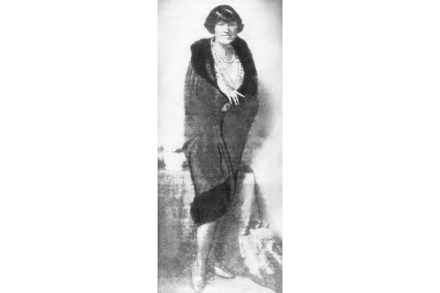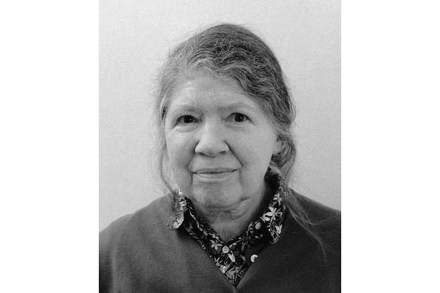Reinhard Heydrich and the bugged Berlin brothel
Kitty’s Salon is the only English-language book about the eponymous wartime Berlin brothel, which was rigged with microphones and surveillance equipment by the SS to capture the secrets of foreign ambassadors, political rivals and high-ranking government officials. Led by ‘the man with the iron heart’, Reinhard Heydrich, it is one of the last Nazi operations




















